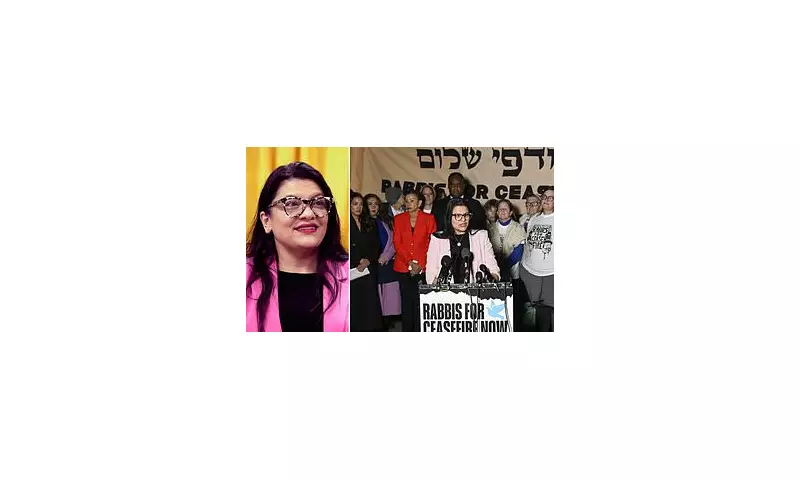
A significant political storm is brewing in the halls of Congress as Republican representatives prepare to formally censure Democratic Congresswoman Rashida Tlaib. The move comes in direct response to a recent speech she delivered, which GOP members have condemned as inflammatory and antisemitic.
The resolution, currently being drafted, specifically targets comments Tlaib made concerning the Israeli-Palestinian conflict. Her critics allege that her rhetoric dangerously oversimplifies the complex situation and veers into antisemitic tropes, a charge her supporters vehemently deny.
A Deepening Partisan Divide
The initiative highlights the increasingly fractious nature of US politics, where foreign policy, particularly regarding the Middle East, remains a deeply polarising issue. This proposed censure is not merely a reprimand; it is a powerful political symbol intended to publicly disapprove of a sitting member's conduct.
Representative Rashida Tlaib, a prominent member of the progressive group known as 'The Squad', has long been a vocal advocate for Palestinian rights. Her stance has frequently put her at odds with more centrist members of both parties, but this latest development signals an escalation in tactics from her opponents.
The Implications of a Censure
While a censure does not carry the direct punitive weight of expulsion, it is a severe formal rebuke. It serves as a permanent mark on a member's congressional record and is a rare procedural step reserved for what the majority deems serious breaches of decorum or ethics.
The debate surrounding this motion is expected to be intensely partisan. Democrats are likely to rally behind Tlaib, framing the Republican effort as an attempt to silence legitimate criticism of Israeli government policy and a blatant attack on free speech.
As the draft resolution circulates, all eyes are on the House floor, awaiting what promises to be a fiery and deeply contentious debate over the limits of political discourse, foreign allegiances, and the very meaning of antisemitism in modern political dialogue.






